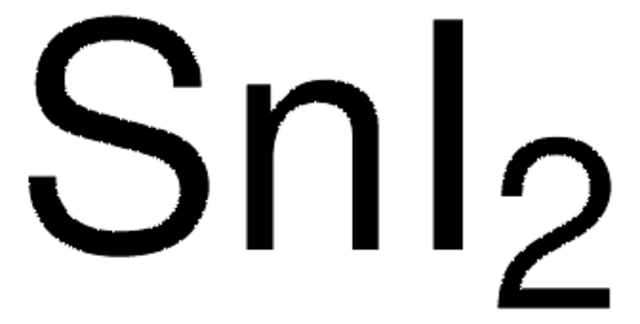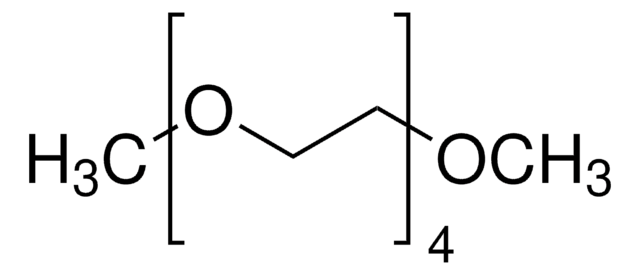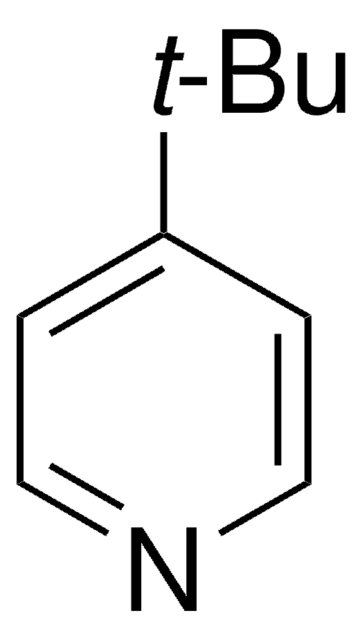About This Item
추천 제품
Quality Level
분석
99.9% trace metals basis
형태
powder
환경친화적 대안 제품 특성
Design for Energy Efficiency
Learn more about the Principles of Green Chemistry.
sustainability
Greener Alternative Product
불순물
≤1500.0 ppm Trace Metal Analysis
mp
446 °C (lit.)
density
3.49 g/mL at 25 °C (lit.)
환경친화적 대안 카테고리
SMILES string
[Li+].[I-]
InChI
1S/HI.Li/h1H;/q;+1/p-1
InChI key
HSZCZNFXUDYRKD-UHFFFAOYSA-M
유사한 제품을 찾으십니까? 방문 제품 비교 안내
일반 설명
애플리케이션
- To prepare biodegradable polymer electrolytes.Rice starch complexed with LiI shows enhanced ionic conductivity as theaddition of LiI increases the number of mobile charge carriers.
- For Li-S batteries. LiIforms a protective coating on the surface of both negative and positiveelectrodes and prevents the dissolution of polysulfides on the cathode sidewhich significantly enhances cell rate performance.
Storage Class Code
11 - Combustible Solids
WGK
WGK 3
Flash Point (°F)
Not applicable
Flash Point (°C)
Not applicable
개인 보호 장비
dust mask type N95 (US), Eyeshields, Gloves
이미 열람한 고객
문서
Research and development of solid-state lithium fast-ion conductors is crucial because they can be potentially used as solid electrolytes in all-solid-state batteries, which may solve the safety and energy-density related issues of conventional lithium-ion batteries that use liquid (farmable organic) electrolytes.
Lithium-Ion Battery Performance: Dependence on Material Synthesis and Post‑Treatment Methods
자사의 과학자팀은 생명 과학, 재료 과학, 화학 합성, 크로마토그래피, 분석 및 기타 많은 영역을 포함한 모든 과학 분야에 경험이 있습니다..
고객지원팀으로 연락바랍니다.










